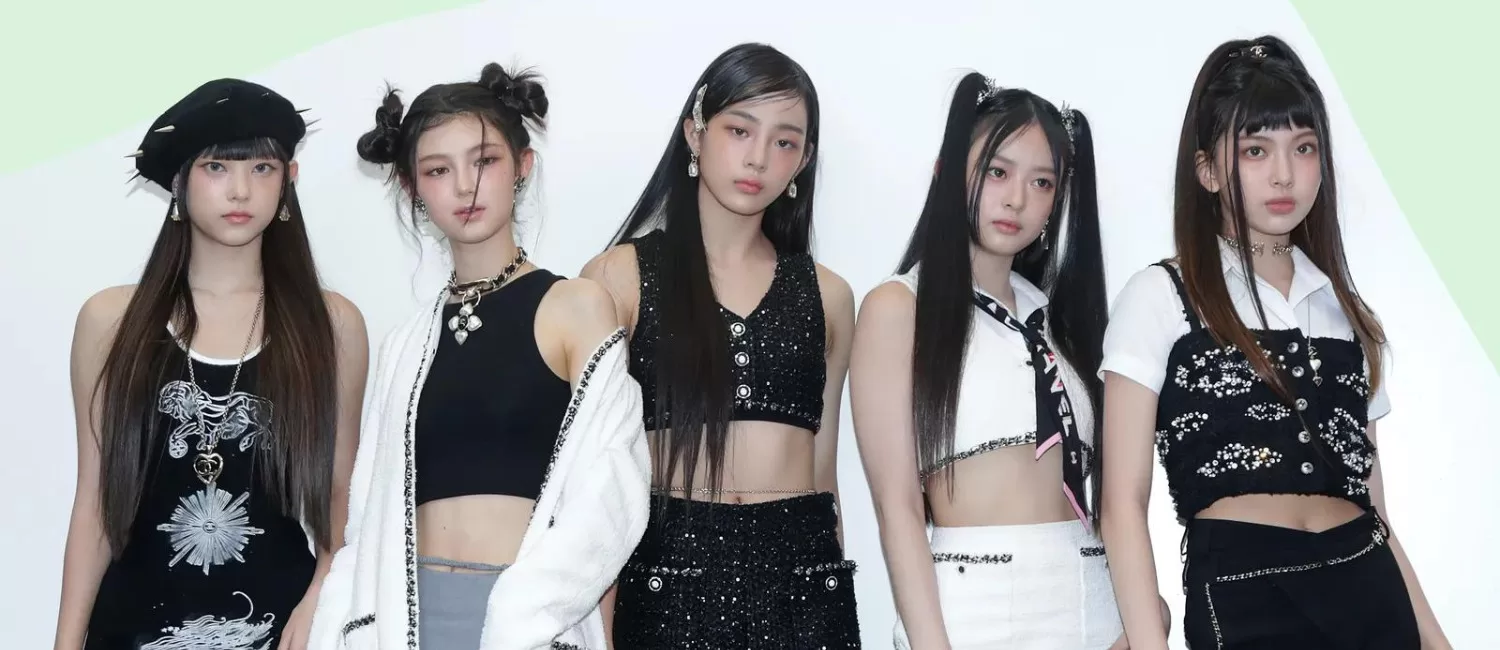Back when I was a junior, I fell rather deep into the K-pop rabbit hole. Every single year, K-pop was my top genre in my Spotify Wrapped. However, I’ve drifted away from the whole ‘stanning’ culture the industry is known for. Okay, I still enjoy the music because it slaps, but I don’t really care about the groups behind it. I’m not obsessed with keeping up with all the new interviews and variety show appearances of group members.
The more I distance myself, the more I realise just how toxic and unethical the K-pop industry can be. Taking minors, literal children and pre-teens out of school, putting them through strict daily routines. Every aspect of their life is regulated to meet a certain standard, perfecting them to become the perfect idol. Putting them on a highly visible public platform when they’re teenagers, introducing them to the whole world to see, free to project their fantasies on them. Their every movement, discography and entire imagery and concept are more often than not entirely under the control of their companies.
This piece of writing isn’t meant as an attack on K-pop. The controversies behind the K-pop industry exist in the Western music scene as well, it’s just that it’s better hidden in the West. I mean, look at Britney Spears. The Princess of Pop. She was placed under a conservatorship, and her father and attorney managed and dictated her entire way of living. She was forced to work and perform against her will, and all the money she made was managed by her father. The 90s girl group TLC, music royalty found themselves in bankruptcy due to the unfair contract they had signed with their manager and record labels. The group ended up with millions in debt, even though they are THE best-selling American girl group of all time and influenced countless musical acts since then. When you listen to an artist or buy their albums, are you supporting the artists themselves? Or are you feeding the pockets of rich record executives who have no interest in the well-being of their artists?
Not all artists are the epitome of wholesomeness, being benevolent angels that can do no harm. Yet they’re still hugely influential and successful. Problematic people are still problematic regardless of how awesome their music is. Chris Brown had been convicted of domestic violence against Rihanna. However, he still has a very successful career and is incredibly supported by his fanbase. Kanye West is another case of somehow attracting controversy wherever he goes. His anti-semitic views, remarks that “slavery is a choice”, and obsession with making himself a biblical figure among other shady behaviour have soured the public’s reception towards him. Yet he still has almost 60 million monthly listeners on Spotify. It’s undeniable the impact and influences his music has imprinted on the Western music scene, but is it possible to recognise this while still admitting that he’s a problematic figure? I listen to The Weeknd and Doja Cat who have rather questionable behaviour and have legions of people hating them.
Bringing it back to K-pop, I still have songs on my playlists by groups that have done offensive actions. Some would say listening to any K-pop at all is supporting a harmful industry with predatory behaviour and shady morals. My question is – is it possible to support and consume art whilst separating it from the artist? How do we consume media that we love and enjoy while still condoning the behaviour of the people behind them? Is that a possibility at all?
Lin Swe Hlaing – Year 13


